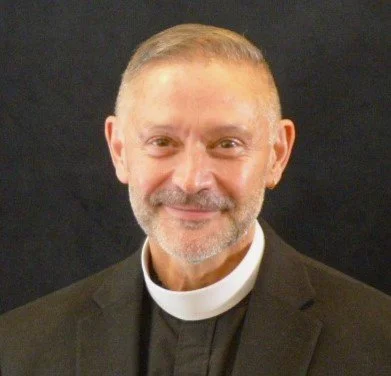“Whoever wishes to become great among you must be your servant, and whoever wishes to be first among you must be slave of all. For the Son of Man came not to be served but to serve, and to give his life a ransom for many.’ Mark 10:43-45
Jesus is responding to a request from James and John that they be given high position in the coming Jesus administration. Power and prestige have their privileges as they and we know. Earlier, Jesus had been speaking with a rich man who asked Jesus about inheriting eternal life. Jesus directed him to let go of his wealth and follow him. It is the same invitation he offers us. That rich man knew that wealth has its privileges. We know that too. Jesus says it is hard for a rich person to enter the kingdom of God, that it easier for a camel to go through the eye of a needle. The fact is, no one, rich or poor can go through that needle. The point of the matter is that power, wealth, and prestige can be used for different ends and a disciple should consider toward what end they have dedicated their life and their resources. It is really a question of stewardship of our lives and our relationships with God and neighbor.
There are a variety of ways that one might live. Some might use their power and wealth solely or primarily for their own ends, for increasing their power and wealth, for their own enjoyment and comfort. Others might direct more of their assets and efforts toward the benefit of others. One must consider this in light of Jesus’ directive that a disciple is called to follow their rabbi in their teaching and manner of life. Anyone wishing to be his disciple must consider their stewardship. James and John want power, wealth, and prestige for their personal use. Jesus teaches us that we are to consider ourselves servants and that there are good things for others that can be accomplished with our power, wealth, and prestige. Opportunities for serving abound and some thoughtfulness and creativity can be helpful.
I attended an Anglo-Catholic seminary where the liturgy was high church pageantry with the full set of vested sacred ministers, choir, pipe organ, chanting, and smells and bells. It was the kind of Eucharistic celebration no longer found in most churches and we often hosted visitors at the weekly Thursday evening mass. Almost always there was the feast day of some saint or a holy day to commemorate. One evening there was not. Those days are called a “feria” day. Feria means “free day.” It is a day of rest or for the liturgical calendar it is a day when no feast of fast is appointed. We had guests that day who had come to campus, in part, to worship with us that evening. What does one do for such guests? Tell them “so, sorry.” For the first and maybe only time anywhere, we celebrated the Feast Day of St Feria of Northumbria. Yes, we made up a saint. We had the evening off from the usual solemn high mass, but with guests on the doorstep, we changed plans and went to work.
I appreciate the thoughtfulness and generosity of this parish. In ways large and small, the members of this parish serve each other and the community beyond our walls. Yet in a world that models for us self-promotion, accumulation, and leisure, it remains a challenge for us to recall and to live out what it means to follow Jesus as servants of God and neighbor. We need God’s help and we need prayer. St Feria of Northumbria, patron of servants, not historical but true nonetheless, pray for us.
Grace and peace,
Fr. Bill+

